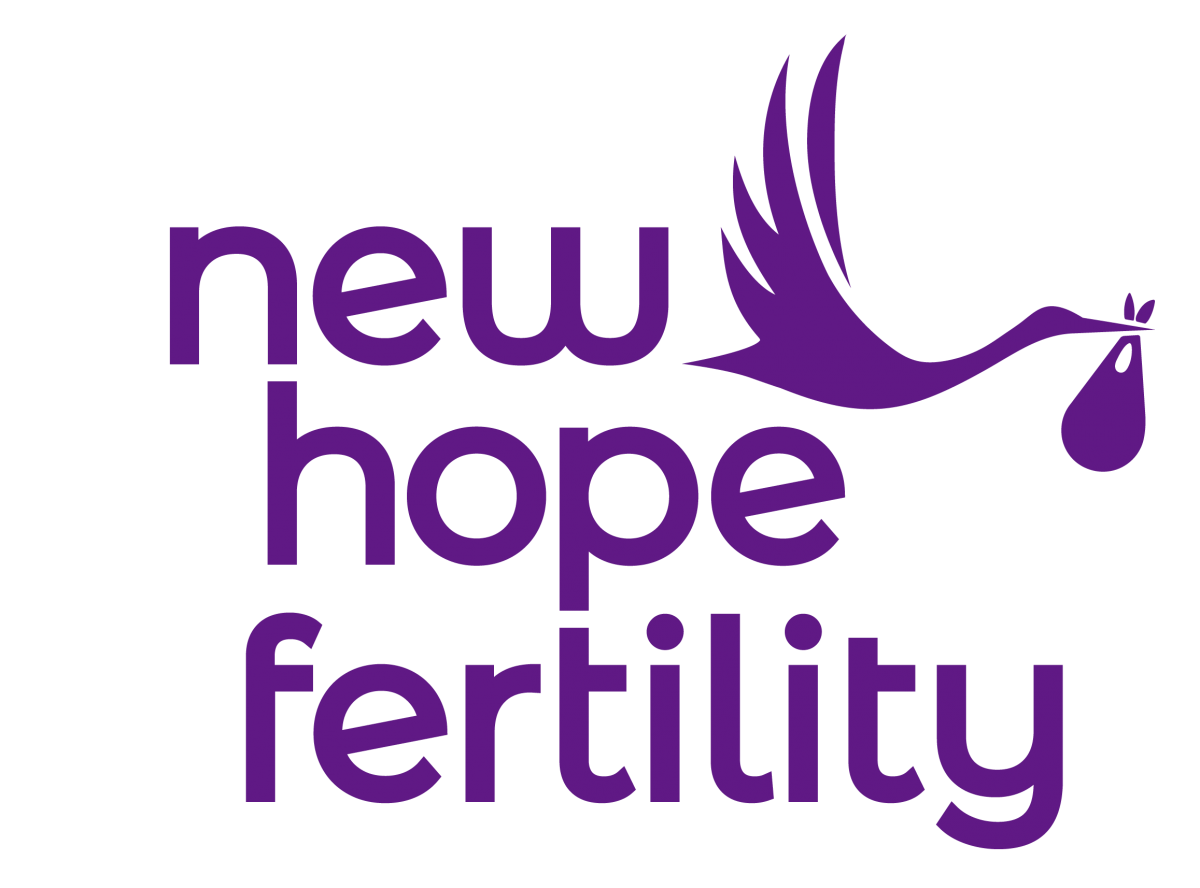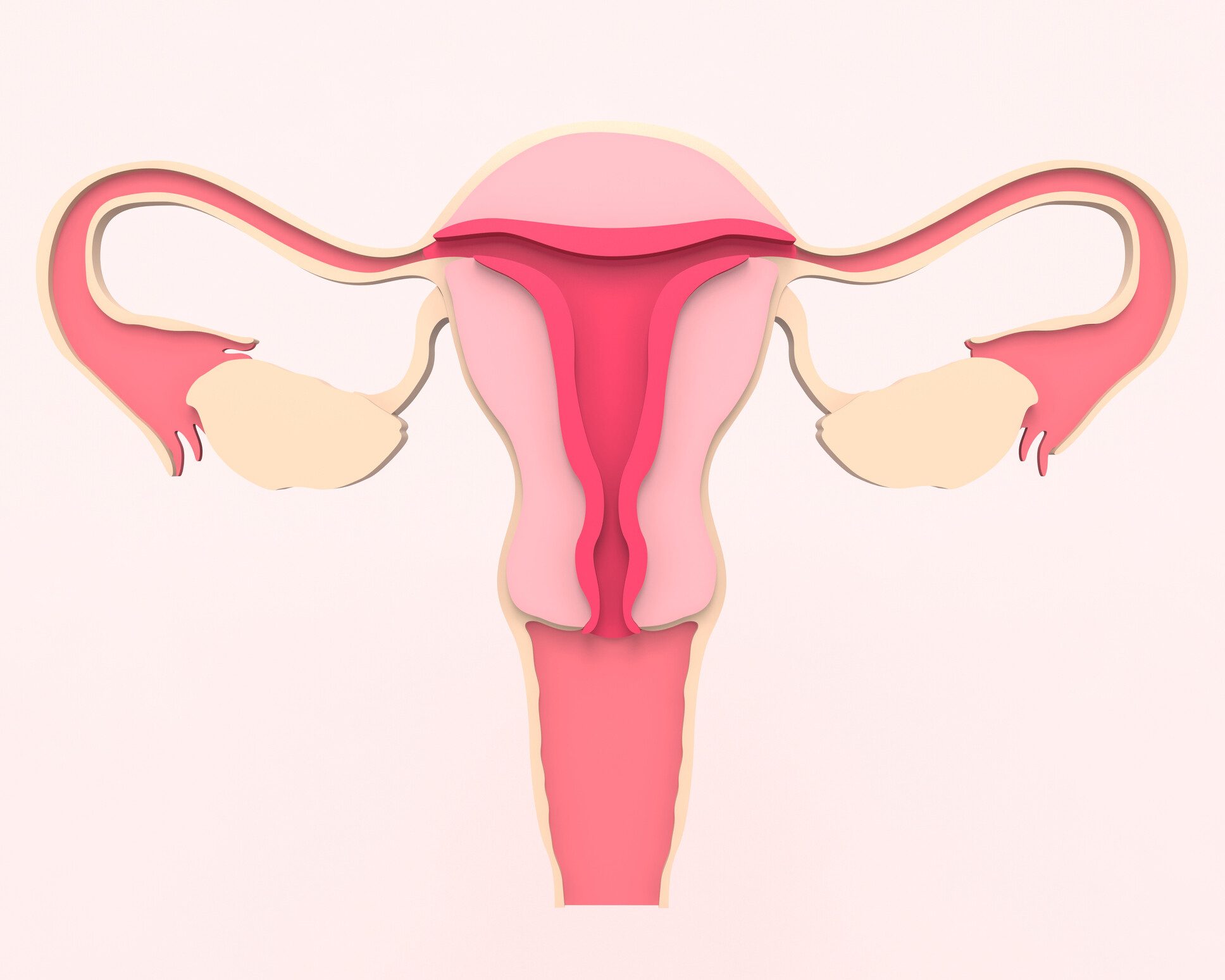Your fallopian tubes play a vital role in the fertilization process necessary to become pregnant. The fallopian tubes are where the egg and the sperm meet and the egg is fertilized. The egg then travels through the fallopian tube, into the uterus to implant and grow into a baby!
We receive a lot of questions from patients about fallopian tubes and pregnancy.
- Can I get pregnant after a tubal ligation?
- Can I get pregnant with only 1 fallopian tube?
- Can I get pregnant without either of my fallopian tubes?
So let’s address those questions all in one go!
Can I get pregnant with only one working fallopian tube?
Fallopian Tube Obstructions:
When a woman has a blocked fallopian tube, conception can be almost impossible to achieve naturally without addressing the blockage or assisted reproductive care. A blockage can be in one or both fallopian tubes. When a blockage exists, sperm cannot reach a viable egg waiting in the fallopian tube to become fertilized.
Blocked Fallopian Tube Causes:
The following conditions, surgeries, or diseases may be the cause of a blocked fallopian tube:
- Endometriosis – When a woman has endometriosis, the tissue that normally forms within the uterus develops outside the uterus. This can cause cysts and scar tissue to form around the fallopian tubes.
- Fibroids – Fibroids are noncancerous growths that develop within the fallopian tubes, causing obstructions.
- Tubal Ligation – A form of permanent birth control; some women have their tubes tied to prevent pregnancy.
- Pelvic Inflammatory Disease – Infections of the pelvis could cause scar tissue leading to obstruction of the fallopian tubes.
- Prior Abdominal or Pelvic Surgery – Surgical procedures can potentially lead to the formation of scar tissue that negatively impacts the fallopian tubes.
- Prior Ectopic Pregnancy – If you have had an ectopic pregnancy in the past, it could lead to damage and blockage of the fallopian tubes.
- Certain Sexually Transmitted Diseases – STDs, such as gonorrhea and chlamydia can lead to pelvic inflammation, scar tissue, and obstruction of the fallopian tubes.
Pregnancy with One Fallopian Tube:
Pregnancy with only one fallopian tube is possible, it just may take longer. As long as a woman has one fallopian tube that is open and functional, it can receive an egg from either ovary and become fertilized. Although pregnancy is possible, a decrease in fertility should be expected with just one fallopian tube.
Can I get pregnant after a tubal ligation?
Tubal Ligation and Pregnancy:
Tubal ligation is a surgical procedure, where the fallopian tubes are either blocked or cut to prevent pregnancy. This procedure has also been referred to as “getting your tubes tied”. Tubal ligation is a permanent form of birth control, and can sometimes be reversed.
Some women decide to have a tubal ligation after a previous pregnancy or before having children. Occasionally, women want to get pregnant after having a tubal ligation due to varying circumstances and life changes. There are a few options if you want to get pregnant after tubal ligation:
- Undergo a reversal surgery.
- Although the reversal is not always successful, about 50%-80% of women can become pregnant after having their fallopian tubes reattached. This percentage is heavily dependent on the physician doing the reversal, how long ago the patient had a tubal ligation, and the patient’s age.
- Undergo IVF.
- Patients who have had their tubes tied have a higher chance of getting pregnant through IVF because nothing needs to travel in or out of the fallopian tube. Many women who wish to conceive after tubal ligation are also over the age 38 and only want one or two children, in which case IVF can be the quicker and less invasive form of treatment.
Can I get pregnant with no fallopian tubes?
Fertility with No Fallopian Tubes:
There have been cases where women with no fallopian tubes are looking to become pregnant. A woman may have had her fallopian tubes removed for various reasons including:
- Ectopic pregnancy
- Endometriosis
- A severe infection
- Prevention/treatment of ovarian cancer
Regardless, a woman can get pregnant with no fallopian tubes, but she will require assisted fertility treatment.
IVF circumvents the fallopian tubes by surgically retrieving and fertilizing an egg in vitro – a controlled laboratory setting. The resulting embryos are cultured in vitro and monitored for quality development before being transferred to a woman’s uterus for implantation into her uterine lining – or – cryopreserved for a later date.
Why New Hope?
New Hope Fertility Center is home to world-renowned fertility specialists. We custom-design fertility treatments for the individual to increase the chances of a successful pregnancy. Our specialists believe in putting the patient first and being with them through every step of the fertility journey. Our team is well-versed in helping women of all ages reach their fertility goals and we are passionate about educating, and supporting our patients throughout their journey. If you want compassionate fertility care, New Hope is the right place for you. Call us at (347) 970-8479 or schedule your initial consultation today!

